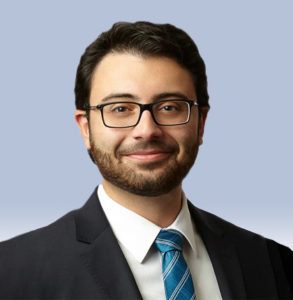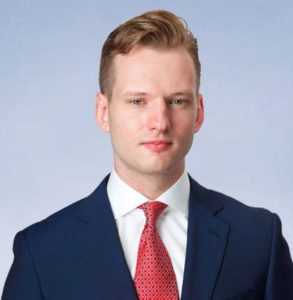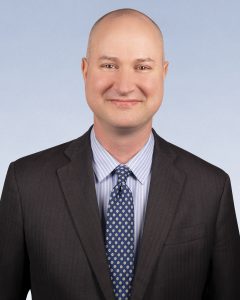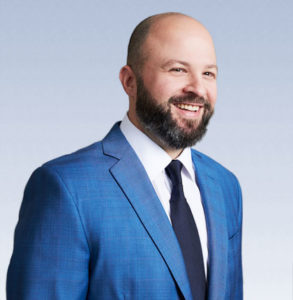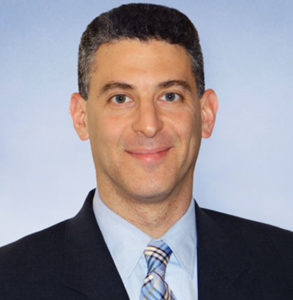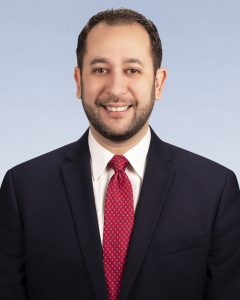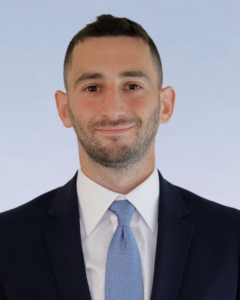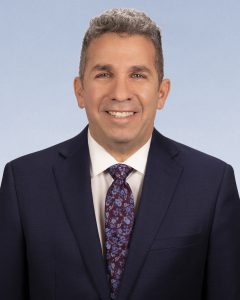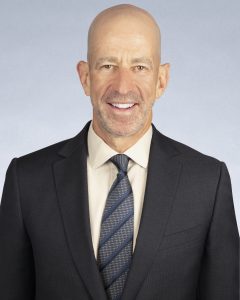Large Firm Service. Small Firm Attention.
SHARE
Second Circuit Sets Important Precedent Upholding New York Prohibition on Aversive Interventions
Published August 22, 2012
The United States Court of Appeals for the Second Circuit of New York, in Bryant v. New York State Education Department upheld New York’s regulatory prohibition on the the use of “aversive interventions,” which are negative consequences or stimuli administered to children who exhibit problematic and disruptive behavior that impedes their education. The interventions can include electric shock, food limitations, and restraints in schools.
A group of New York parents whose children attended the Judge Rotenberg Center, a New-York-state-approved private school in Canton Massachusetts, initiated the lawsuit. They claimed that New York’s prohibition of aversive interventions undermined their children’s right to a free and appropriate education. The parents, along with their experts, opined that such interventions were appropriate and necessary for their children, who committed self-injurious behaviors such as attempting to stab themselves, banging their heads on walls, yanking out their own teeth and assaulting teachers and staff. In a novel argument, the parents claimed that prohibiting aversive interventions prevented their children from receiving a truly individualized education program because they were categorically barred from certain interventions that helped control their severe behavior. The parents also claimed that the New York prohibition violated Section 504 of the Rehabilitation Act of 1973 and the 14th Amendment to the U.S. Constitution.
The Second Circuit rejected the parents’ arguments and emphasized that the Individuals with Disabilities Education Act contained a preference for positive behavioral interventions. The court found that the prohibition on aversive interventions did not prevent the students from obtaining an IEP specifically aimed at providing them an appropriate education. The court held that the New York State Education Department properly decided to focus its special education programs on positive-only behavior interventions–which is the clear methodology favored by the IDEA.
We applaud the Second Circuit ruling and believe it sets an important national precedent to protect the dignity of all individuals with disabilities. While we sympathize with the parents of children with severe disabilities whose special education needs require placement in psychiatric, residential facilities, aversive interventions for children–who often cannot speak for themselves– can have no place in a civilized society and can severely harm children. If fact, in a recent post, U.S. Department of Education and New York State Issue Reminder on Keeping Students Free from Abuse, Restraints and Seclusion, of August 14, 2012, we noted that that New York State and the United States Department of Education recently issued a reminder on the importance of adhering to the prohibitions on harmful restraints and aversive interventions and the severely damaging effects on students.
Categories
Recent Posts
Explore In-Depth

Corporate & Securities

Elder Law & Estate Planning

Special Needs Planning

Special Education Advocacy


